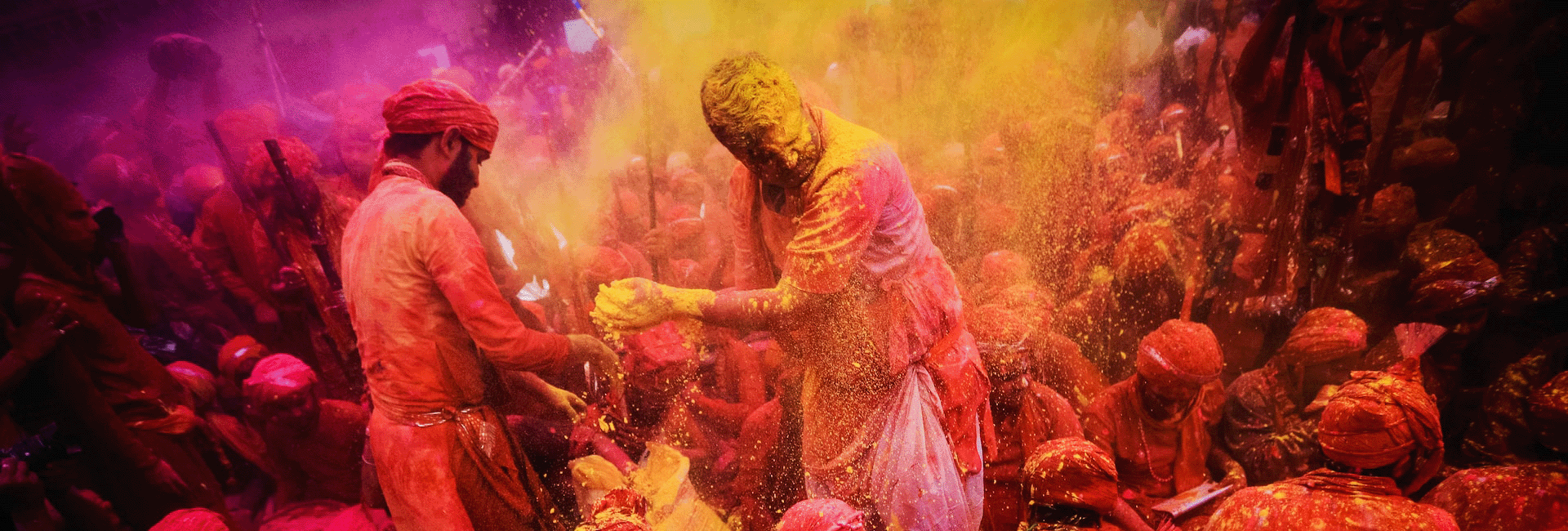HDip Arts: Study of Religions
The HDip Arts: Study of Religions gives you an intensive course in the study of religions. The course will appeal to those who have a degree, but have not previously studied religions to a degree level.
You’ll select modules drawn from the undergraduate course ‘Religions and Global Diversity’. Through this programme, you’ll have access to research-informed teaching in a variety of religious traditions such as Hinduism, Buddhism, Islam, Christianity and East Asian religions, and in methods and theories in the academic, cross-cultural study of religions.
To apply please visit https://www.ucc.ie/en/apply/
MA Anthropology
Our MA Anthropology programme at University College Cork is an exciting new postgraduate degree that represents state-of-the-art in-field training in ethnography, combined with cultural, political and social theory. Bringing together the knowledge & skills of staff at the Marginalized & Endangered Worldviews Study Centre and the Economy & Society Research Centre, the programme is taught through students’ active participation in international summer schools & colloquia, as well as classroom seminars, and with practical fieldwork opportunities in Latin America, India, and several sites throughout Europe including Ireland.
MRes - Masters Degree by Research
The MRes is a full-time programme running over 12 months (or a part-time programme running over 24 months), from the date of first registration for the programme.
Students undertake a total workload equivalent to 90 credits over the 12-month programme (or pro rata part-time), the principal element of which is the completion of a major research thesis of approximately 25,000 words. In parallel, students must undertake and pass taught modules to the value of 20 credits.
PhD
The department has a thriving research culture with postgraduate students researching a variety of topics. We encourage applications for PhD by research. Departmental staff are willing to consider research proposals in a range of areas. For staff specialisms see staff profiles.
Current PhD students and their project titles are as follows:
Julia Buyskykh: “Rewriting the Past: Ukrainian Greek Catholics in Poland on the Grounds of Hope”
Caterina Vescovi: “Gender and Asceticism: Evolution and Role of Female Practitioners”
Alice Ahern: “Shamanic Tropes and Neo-Shamanism: Examinations of Pop Culture Forms and Religious Identities in Irish and Globalised Contexts”
Marian Caulfield: “The Re-Invention of Lament for the Contemporary World”
Elizabeth Erdmann: “The Storm That Created the Feminist Waves: Exploring the Deep Roots of the Contemporary Goddess Movement from the 1800’s to 1960”
Honoka Miyazaki: “The Spiritual Industry: A Comparative Ethnography of Fortune-tellers in Ireland, Glastonbury (UK) and Sedona (US)”
Zita O’Sullivan: “From Piety to Xenophobia: The Rise of the Far Right in in Ireland and Slovakia – A Comparative Study”
Please see below a list of our previous PhD graduates and their research areas:
William Allen: “A nation preferring visions: Moving Statues, Apparitions and Vernacular Religion in Contemporary Ireland”
Colin Duggan: “The Theosophical Society and Politics: Esoteric Discourse, Esoteric Monism, and Theosophical Identity in Late 19th and Early 20th Century Britain and Ireland”
Dumitru Lisnic: “Materialising Soviet Religions: Liquidation Commissions, Sacred Buildings and Religious Communities in 1920’s Moldavia”
Brendan McNamara: “Religious Reformers in Britain at the Turn of the Twentieth Century: The visits of Abdul Baha”
Iuliana Nagy (Cindrea): “Hidden Galleries, Silenced Communities: Homegrown Religious Communities and the Secret Police in 20th Century Romania”
Claire Scheid: “Talom Rukbo and the Donyipolo Yelam Kebang: restructuring Adi religious practices in Arunachal Pradesh, Northeast India”
Applications are considered on a case-by-case basis, major considerations being the candidate’s proven academic ability and the viability of the proposed research project. Candidates for PhD should be able to provide appropriate evidence of previous academic achievement, normally a good MA in the study of religions or a cognate area. Admission is normally to PhD track in the first instance; i.e. the student’s progress is reviewed after one year f/t equivalent of study before upgrade to full PhD candidate status.
Please note that the Department also offers PhD track in Anthropology, for further information please visit the UCC Apply link below. Prospective candidates should contact any member of staff for an informal discussion prior to application.
Study of Religions Department
Staidéar Reiligiún
Contact us
Room 2.22, O'Rahilly Building, University College Cork, College Road, Cork, T12 ND89

